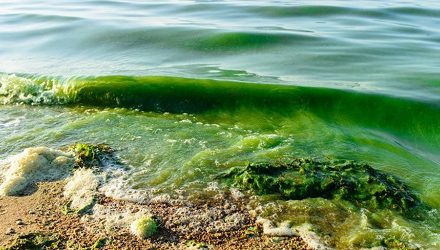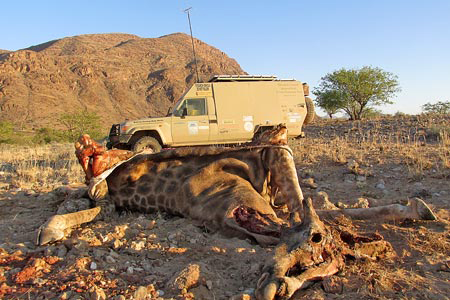
Awareness of land degradation in Namibia and Iceland
Emvula stated that Namibia has identified land degradation as a serious problem which demands remedial intervention and has recognised that integrated sustainable land management strategies are needed to effectively address the underlying causes.
The Group of Friends (GoF) of Desertification, Land Degradation and Drought,was recently launched in New York. GoF is an informal interest group and forum that aims to maintain the momentum generated by the UN Conference on Sustainable Development, popularly called Rio+20, around Desertification, Land Degradation and Drought (DLDD) in the context of the post-2015 development agenda.
The programme is an initiative of the Ambassadors Permanent Representatives of Iceland and Namibia together with the United Convention to Combat Desertification (UNCCD) Executive Secretary.
Among Rio + 20’s key outcomes was the agreement to strive for a “land-degradation neutral world” and to develop a set of Sustainable Development Goals (SDGs) that build on the Millennium Development Goals (MDGs) and converge with the post-2015 development agenda.
GoF’s stated purpose is to draw the attention of Member States to the importance of having an SDG on land degradation and drought in the set of goals under development.
Speaking at the GoF launch, Luc Gnacadja, outgoing Executive Secretary of the UN Convention to Combat Desertification said that land is central to the “nexus” that links energy, food, water, environmental health and poverty in an interdependent loop.
“If the international community does not take bold action to protect, restore and manage land and soils sustainably, it will not achieve commitments for climate change adaptation and mitigation, biodiversity conservation, forest and MDG targets. It will not alleviate rural poverty and hunger, ensure long-term food security nor build resilience to drought and water stress,” Gnacadja said.
He added that a land-degradation neutral world is the “final piece of the puzzle that unites the challenge of DLDD with the tools at our disposal and the level of ambition needed to achieve the future we want”. “The GoF has a crucial role to play in creating awareness that striving for a Land-Degradation Neutral World is doable,” he said.
Gnacadja noted that several countries among the GoF initiators already have policies to offset degrading land through rehabilitation and other measures and said that such best practices needed to be scaled up. “I stand ready to support and assist you, in whatever capacity you deem appropriate, to translate our common vision into a sustainable development goal for the post 2015 development agenda,” he stated.
Gnacadja’s term as head of the UNCCD Secretariat is set to end on 30 September 2013, following the eleventh session of the Conference of the Parties, which takes place from 16 to 27 September in Windhoek.
Speaking at the same occassion, co founder of the Group of Friends of DLDD, Ambassador of Namibia to the United Nations, HE Wilfried Emvula stated that Namibia has identified land degradation as a serious problem which demands remedial intervention and has recognised that integrated sustainable land management strategies are needed to effectively address the underlying causes. “In this regard, various attempts have been implemented to halt, and reverse, desertification in the context of the United Convention to Combat Desertification (UNCCD),” said Emvula.
Ambassador Emvula further expressed hope that the Group of Friends of DLDD will be a vibrant group of Ambassadors ready to work together to share experiences and maintain the momentum of the importance of DLDD generated by Rio+20 in the context of the post-2015 development agenda, for the common good of humanity. HE Gréta Gunnarsdóttir, the Permanent Representative of Iceland pointed out that in 1907 unique legislation was passed in Iceland aimed at halting soil erosion and restoring lost and degraded woodlands. Iceland’s 100 years of such nationally concerted effort is one of the longest standing in the world. Against the backdrop of ongoing discussions in the UN to develop a post-2015 development agenda, the Ambassador of Iceland stated that Iceland will continue to emphasize the importance of Land Restoration, especially in the context of the Post-2015 Development Agenda and the discussions around the Sustainable Development Goals. “We must draw to the attention of Member States the importance of having Desertification, Land Degradation and Draught in the set of goals in the new development framework in 2015,” said Gunnarsdóttir.











































